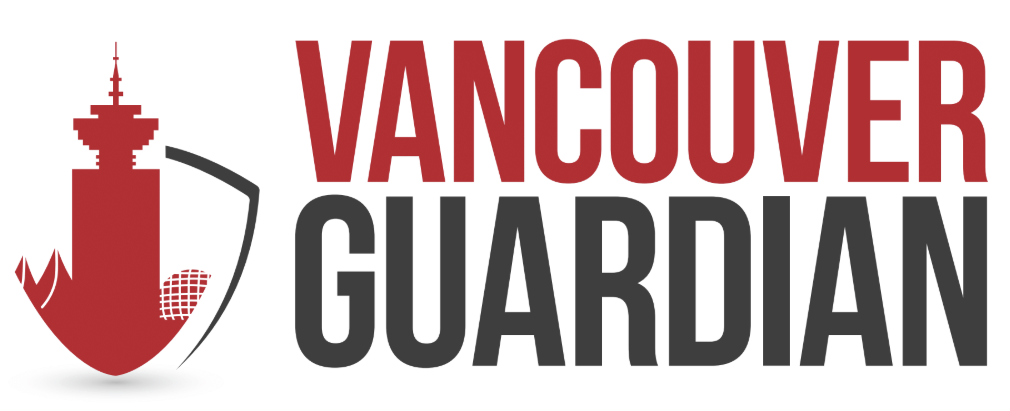For Canadian poker enthusiasts, the online world offers a platform for showcasing skill and strategy. This topic provides insights tailored to Canadian players, aiming to enhance their online poker experience. It addresses the unique aspects of the online poker scene in Canada, offering guidance for players seeking to refine their game in this digital setting.

Navigating the Canadian Online Poker Environment
Canadian poker players have access to a variety of online platforms. Understanding the legal framework and available poker platforms in Canada is a starting point. Familiarizing oneself with different sites, tournaments, and cash games can be a useful approach. Awareness of tax laws related to poker winnings in Canada is also a practical consideration.
Strategy Development in Online Poker
Developing a poker strategy involves understanding the game’s rules and advanced concepts. Players often start with a conservative approach, gradually incorporating aggressive tactics. Regular strategy review and adjustment based on game outcomes is a common practice.
Bankroll Management in Poker
Managing a poker bankroll involves playing at stakes suitable for the player’s financial resources. This approach is designed to manage the variance in poker. Setting and adhering to financial limits is a strategy employed by players to maintain a balanced approach to the game.
Using Poker Software and Tools
Poker software and tools, such as hand tracking and odds calculators, are utilized by some players. Choosing software that complies with online platform terms and balancing tool use with personal skill development is a consideration for players.
Insights from Canadian Poker Professionals
Observing and learning from professional Canadian poker players can provide gameplay insights. Many professionals share their experiences through various mediums, offering an opportunity for players to learn and adapt strategies.
Bluffing Techniques in Poker
Bluffing is a component of poker strategy. Learning effective bluffing involves understanding the situations where it might be successful, reading opponents, and maintaining a strategy that is not easily predictable.
Mindset and Poker Play
A focused mindset is a common approach for poker players. This includes playing when in a focused state, avoiding play out of boredom or emotional distress, and adhering to responsible gaming practices. Mental endurance is often considered for long gaming sessions and dealing with the game’s inherent fluctuations.
Keeping Up with Poker Trends
Online poker is subject to changes and developments. Players often keep up with new game types, changes in strategies, and technological advancements in online poker platforms.
Engaging with Poker Communities
Participation in poker communities and forums can offer learning opportunities. Engaging with other enthusiasts might provide diverse perspectives on playing styles and strategies.
Selecting Online Poker Platforms in Canada
Choosing the right platform for Online Poker games in Canada involves considering various factors. Players typically look for sites that offer a range of games and prioritize reliability, security, and user experience.
Analyzing Personal Poker Play
Personal play analysis involves reviewing hand histories to identify mistakes and improvement areas. Using software tools or manual review is a method employed by players to refine their decision-making process.
Adaptation to Different Game Formats
Adapting to various online poker game formats is a skill developed over time. Each format, from cash games to tournaments, has distinct characteristics. Players often adjust their strategies to suit the specific format they are playing. For example, tournament play may require a different approach to risk-taking compared to cash games due to the varying structure of blinds and player elimination.
Understanding Opponent Behaviour Online
In online poker, understanding opponent behaviour without physical tells involves focusing on betting patterns, reaction times, and fold frequencies. Players often track these behaviours to gain insights into their opponents’ possible hand ranges and playing styles. This information can guide decision-making in subsequent rounds.
Time Management in Online Sessions
Effective time management is a consideration for online poker players, especially when participating in longer sessions or multiple tables simultaneously. Setting time limits for play and taking regular breaks can help in maintaining focus and preventing fatigue. Players often use these practices to ensure they are playing optimally and not making decisions out of tiredness or frustration.
Risk Assessment and Decision Making
Risk assessment in online poker involves evaluating the potential reward of a play against the likelihood of success. This calculation often includes considering the current hand strength, the pot size, and the opponent’s perceived range. Players might use this assessment to decide whether to fold, call, or raise in various situations, aiming to make decisions that favour long-term profitability.
Improving online poker skills involves a combination of strategy development, financial management, using available tools, learning from professionals, and mental preparation. Participation in poker communities and staying informed about the latest trends can also contribute to a player’s skill development. Personal play analysis is a common method for ongoing improvement in online poker.
